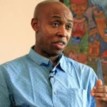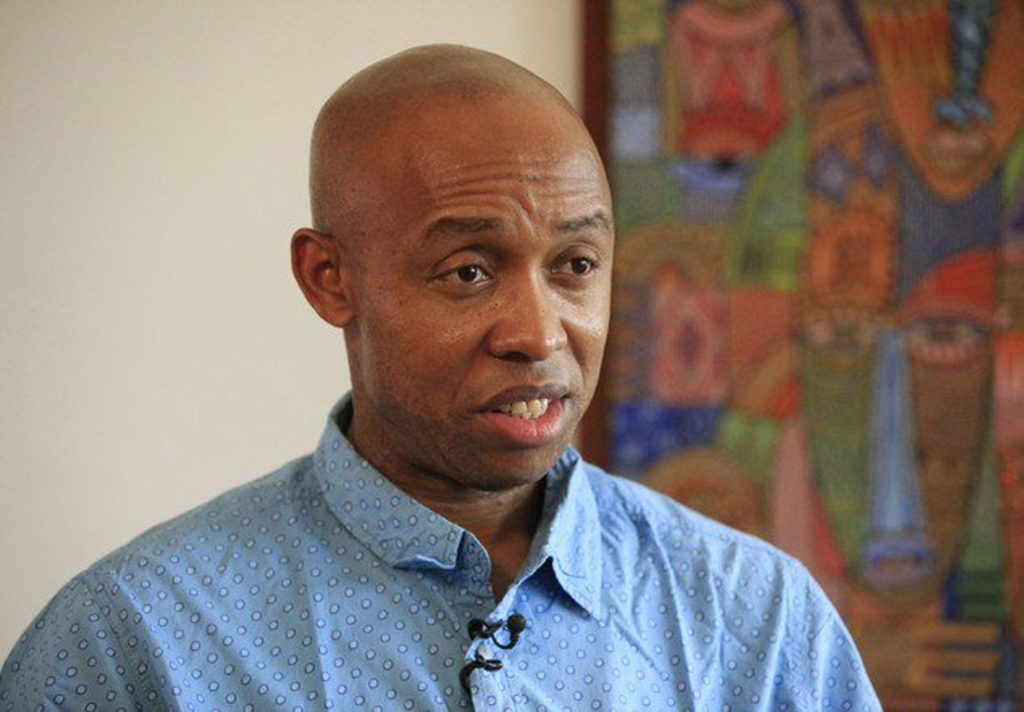#NBADecides2020: The election of unintended consequences


By Chidi Anselm Odinkalu
BALLOTING for the leadership vote of the Nigerian Bar Association, NBA, on July 29, had both indeterminacy and predictability – indeterminacy as to whom the outgoing leadership truly backed to succeed it but predictability as to the inadequacy of the arrangements for the vote.
With just over 130,000 lawyers on Roll, the Nigerian Bar prides itself as the largest professional organisation in Africa. Since 2016, its leadership elections had been conducted digitally, granting every living Nigerian the notional right to vote as long as they have paid their annual practicing fees for the year of the election and also subscribed to one of the 125 branches of the Association.
In 2016, balloting in the NBA was followed by acrimonious claims of election rigging, which ended up in the civil courts. By the time judgement was reached in January 2019, the tenure against whom the suit was instituted was long ended. In 2018, the rigging was bare-faced and would result two years later in criminal charges for digital fraud.
In the month before the most recent ballot, it turned out that a senior lawyer had launched a not-so-quiet advocacy for the contest for the position of presidency of the NBA to be somewhat pre-determined. Thereafter, the campaigns caught fire and public imagination. Many factors were at play. No one knew how the COVID-19 pandemic would affect turn out.
Ethnic politics was huge factor. Money was present. The competence and good faith of the Electoral Committee of the NBA, ECNBA, were in doubt. Yet, #NBADecides2020 may ultimately have been determined by two curveballs outside the control of the Association:
its organs or the candidates – the misguided sense of professional entitlement of one Senior Advocate of Nigeria, SAN, and a criminal indictment by the Economic and Financial Crimes Commission, EFCC. It was arguably a contest framed and determined by the laws of unintended consequences.
Two-by-two ethnic politics
This year, as always, the marquee position was for presidency of the NBA. Three candidates, all men, were in the running but, wherever you looked, they showed up in pairs. Dr. Babatunde Ajibade and Olumide Akpata were both of the Lagos Bar.
Dele Adesina, the other candidate, belonged to the Ikeja Bar. Adesina and Ajibade were both from Ekiti State in South-West Nigeria; Akpata came from Edo State in the Mid-West. Ajibade and Akpata were both born in Ibadan, Oyo State. Adesina was born in the state of his origins.
Ajibade and Akpata were both products of Nigeria’s Unity School system – Ajibade went to the Federal Government College, Odogbolu in Ogun State, while Akpata attended Kings College, Lagos. Two factors would ultimately feature the most in the campaigns and prefigure the outcome.
One was that both Adesina and Ajibade were Senior Advocates of Nigeria, SAN, while Akpata, a former chair of the NBA’s Section on Business Law, SBL, built his practice and reputation as an expert in transactions, with him being one. The other was that both Adesina and Ajibade are seen as Yoruba from the South Western states of Nigeria. This is where the story gets interesting.
Eligibility to contest for the office of the president of the NBA is based on a policy of regional inclusion or rotation. For this purpose, Nigeria is divided into three zones approximating to the three founding regions of Nigeria at Independence in 1960, namely: East, North and West.
READ ALSO: Setting agenda for the incoming administration of NBA
The office rotates to the next zone after two years. This year, it was the turn of the West. In 1960, Nigeria’s Western Region included the territories and communities that became Mid-West Region in 1964 and are today known as Edo and Delta states. Until 2012, the rotation appeared to exclude the Mid-West. In 2014, they insisted on fielding a candidate, Augustine Alegeh, SAN, when the rotation to produce a president last landed in the West. Alegeh beat three other candidates then to emerge victorious.
This year, a conclave claiming to represent Yoruba lawyers, better known as Egbe Amofin, weighed in on the contest by endorsing Dele Adesina as their preferred candidate for the presidency. In doing this, they persuaded some other aspirants from their part of the country to stand down their ambitions.
Tunde Ajibade, who is no less Yoruba than Adesina, resolutely declined to stand down his own ambition, effectively denying the Egbe Amofina consensus (unlike in 2010). This was the first chink in the armour of ethnic bar politics in the 2020 election cycle.
The second was the failure of the cauldron of a single-narrative, ethnic politics to burn Olumide Akpata, whose paternal origins are in the Mid-West, by suggesting that he did not come from the West. Rather than derail his candidacy, this early whispering effort appeared in failing to burn his ambitions to have propelled it. The early trajectory of unintended consequence had been set.
Asiwaju’s misguided epistle
Sometime in June 2020, Asiwaju Gboyega Awomolo, SAN, one of Nigeria’s more senior lawyers, addressed a letter to Chief Thompson Onomigbo Okpoko, the most senior living former president of the NBA. The letter complained of an “unannounced but powerful and potent revolutionary move by our junior colleagues, who are very much in larger numbers, to wrestle the office of the NBA (sic) from the rank of SAN”.
To redress this, Chief Awomolo suggested that Chief Okpoko should lead a counter-revolution, requiring him to exert his utmost to see that the presidency of the NBA is kept within “the tradition of the rank and seniority” of SAN. Rounding off his advocacy, Chief Awomolo, lamented that “it will be a great failure of leadership for the Senior Advocate to surrender leadership to (sic) Outer Bar when there are willing and able Senior Advocates”.
This letter was not meant to be public. Sometime in the last week of June 2020, it leaked, suggesting that someone among its recipients found it in poor taste. But taste was the least of the problems with it. First, it was a mis-guided attempt to clothe narrow ethnic advocacy with high purpose and to end-run the democratic process. To understand its direction of travel, Adesina became SAN in 2007, ahead of Ajibade who took the rank in 2009.
If the club of SAN were to be the consideration and seniority in terms of admission into it dispositive as Awomolo advocated, there was only one way the election was to be determined: in favour of Adesina, whose claim to the inside track, mind you, was that he was endorsed by the Egbe Amofin, an ethnocentric conclave not exactly part of the NBA.
Second, it should have been evident to Chief Awomolo that Chief Okpoko was probably the wrong person to whom to address such advocacy. Apart from being the senior-most former Bar President, Chief Okpoko is also the leader of the Mid-West Bar, which had a candidate in the contest in Olumide Akpata. Akpata began his legal practice in Warri, the city in the Niger Delta where Chief Okpoko built his practice.
In a contest in which ethnic origins had high salience, Chief Okpoko could only support Awomolo’s design at the risk of suffering exile from his natal origins and professional home in the twilight of his life. Far from his design, Awomolo triggered an unintended consequence in a ferocious blowback.
To be concluded
The post #NBADecides2020: The election of unintended consequences appeared first on Vanguard News.
No comments: